Coping With Overexposure to Trauma
Thursday, September 23, 2021 - 10:00 am (PT) - 12:00 pm (CT) - 1:00 pm (ET)
Clinicians are overexposed to traumatic situations and stories of trauma. This distress may result from the stories they are told by patients or interactions they observe directly. Providers may also experience distress when interacting with those who set and administer the policies (e.g., insurers, legislatures) that affect the people they serve. The pandemic has amplified the conditions that produce distress in both patients and providers. Providers may also have their own challenging histories. Current situations may activate providers’ memories of difficult personal experiences, making it harder to cope with contemporary stress. This seminar provides a framework for conceptualizing causes of provider distress; discusses strategies for building provider resilience; and identifies “reasonable hope” as a source of inspiration in the current context of clinical care.
Facilitator: Kaethe Weingarten, PhD
Kaethe Weingarten, Ph.D., directs the Witness to Witness (W2W) Program for the Migrants Clinician Network. The goal of W2W is to help the helpers, primarily serving health care workers, attorneys and journalists working with vulnerable populations. She was an Associate Clinical Professor of Psychology in the Harvard Medical School Department of Psychiatry from 1981-2017 and a faculty member of the Family Institute of Cambridge where she founded and directed the Program in Families, Trauma and Resilience. She has published six books and over 100 articles and essays. Internationally, she has taught in Africa, Australia, Canada, Europe, and New Zealand, where she was a Fulbright Specialist. Dr. Weingarten’s work focuses on the development and dissemination of a witnessing model. One prong of the work is about the effects of witnessing violence and trauma in the context of domestic, inter-ethnic, racial, political, and other forms of conflict. The other prong of the witnessing work is in the context of healthcare, illness, and disability. Her work on reasonable hope has been widely cited.

